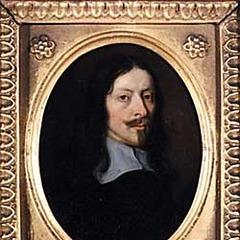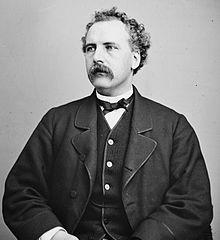Alexander Pope Quotes about Nature

A tree is a nobler object than a prince in his coronation-robes.
All are but parts of one stupendous whole, Whose body Nature is, and God the soul.
True wit is nature to advantage dressed; What oft was thought, but ne'er so well expressed.
Aurora now, fair daughter of the dawn, Sprinkled with rosy light the dewy lawn.
Know, Nature's children all divide her care, The fur that warms a monarch warmed a bear.
Extremes in nature equal ends produce; In man they join to some mysterious use.
Nature and nature's laws lay hid in the night. God said, Let Newton be! and all was light!
Behold the child, by Nature's kindly law pleased with a rattle, tickled with a straw.
Some are bewildered in the maze of schools, And some made coxcombs nature meant but fools.






